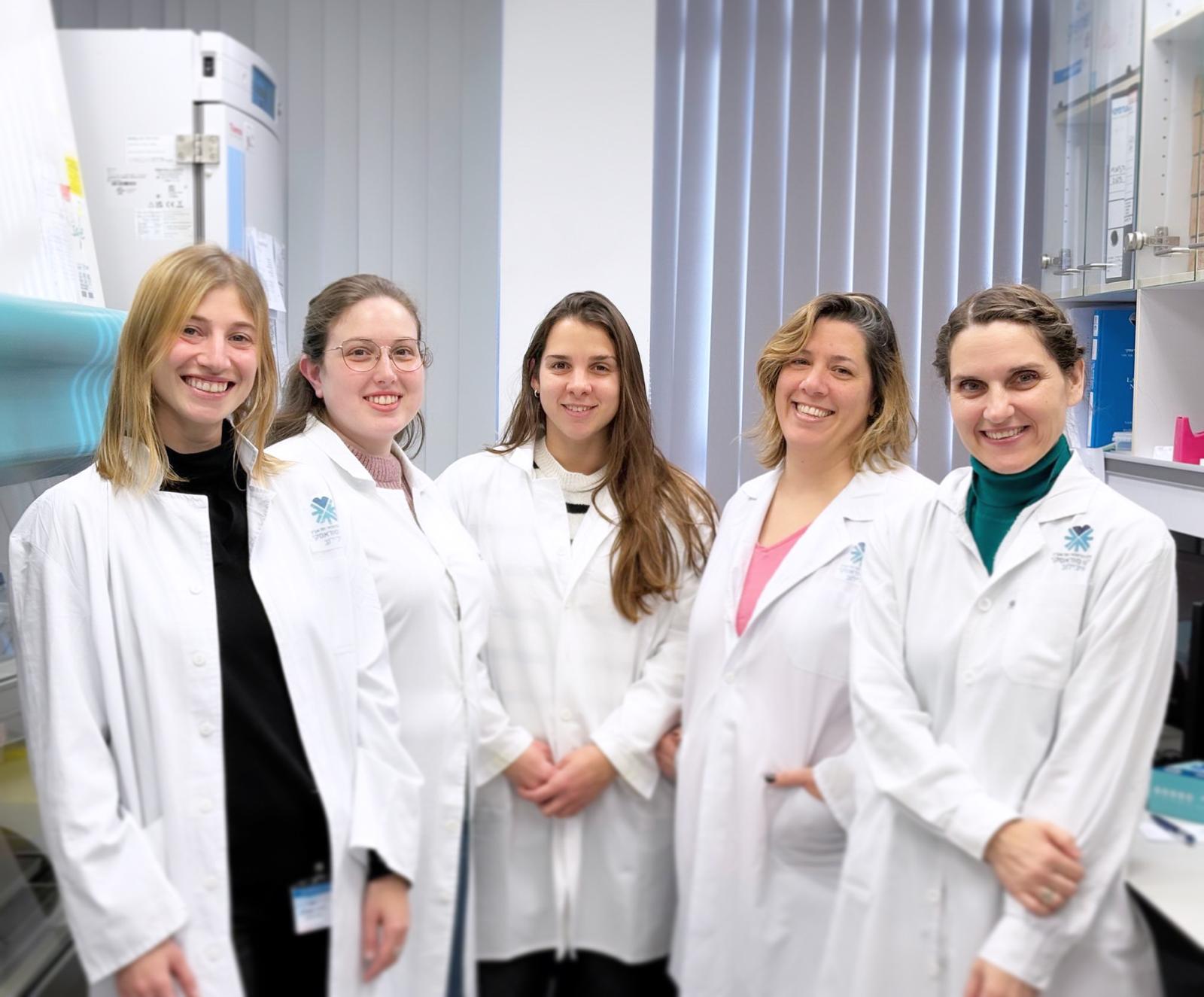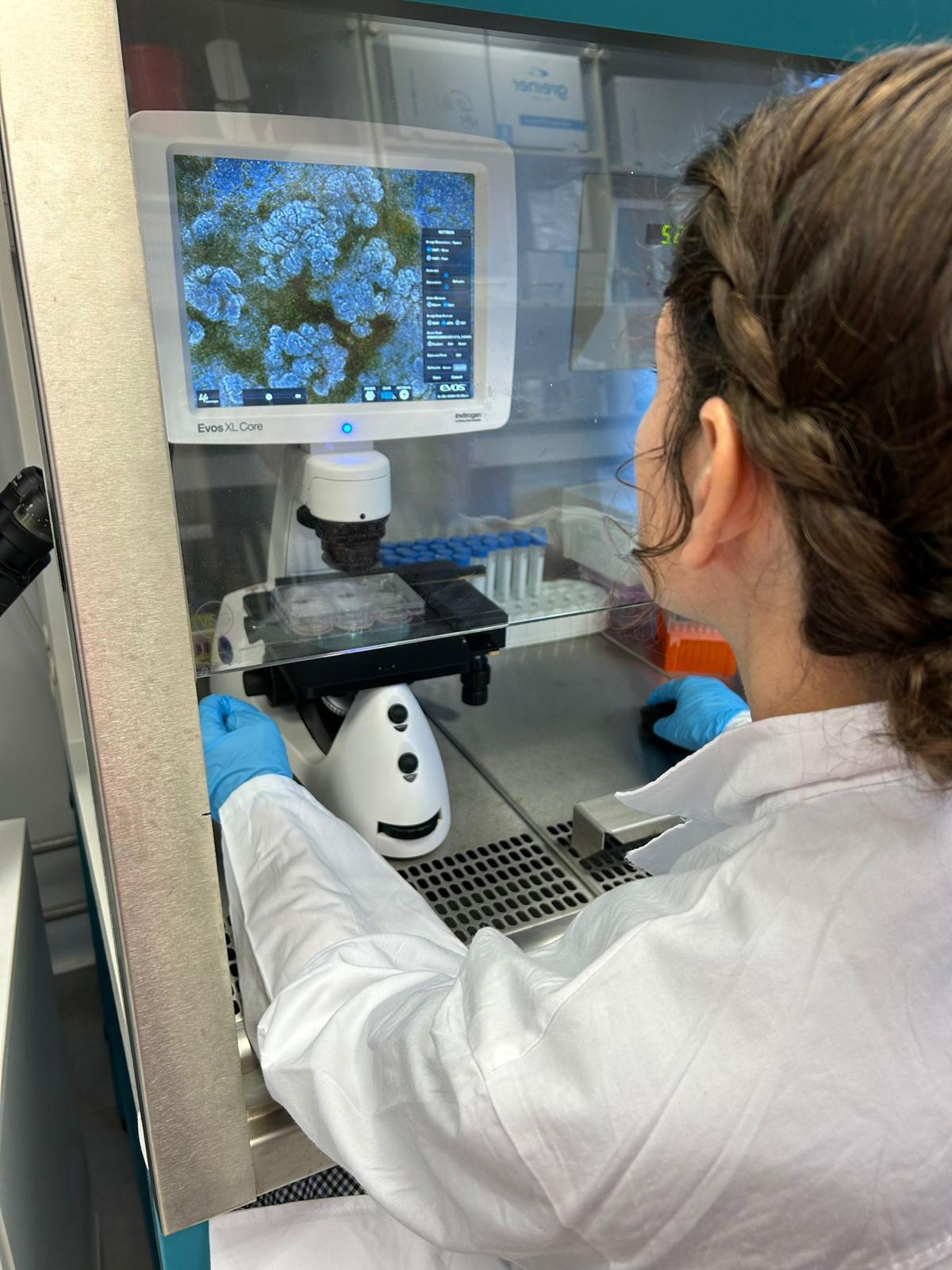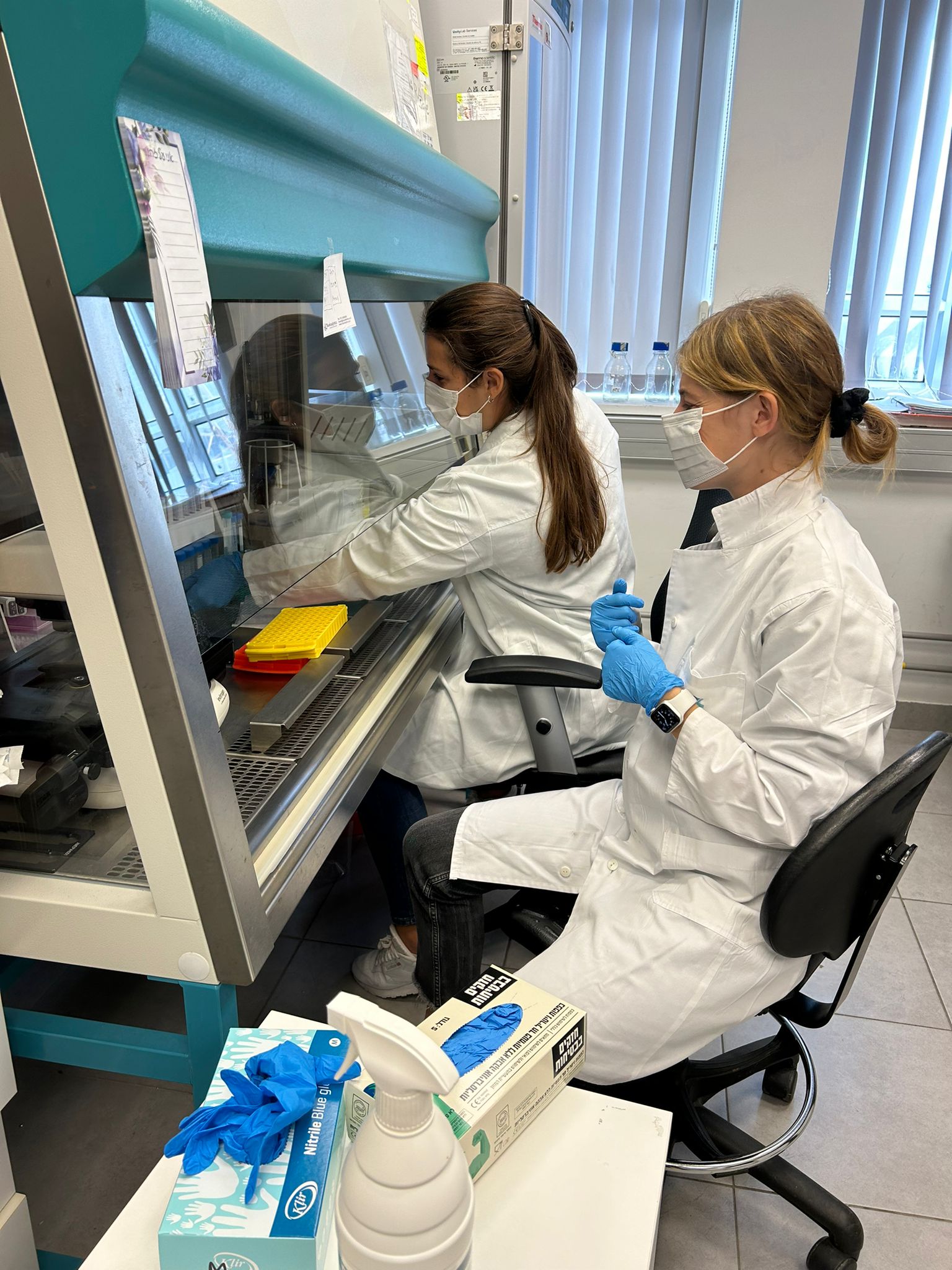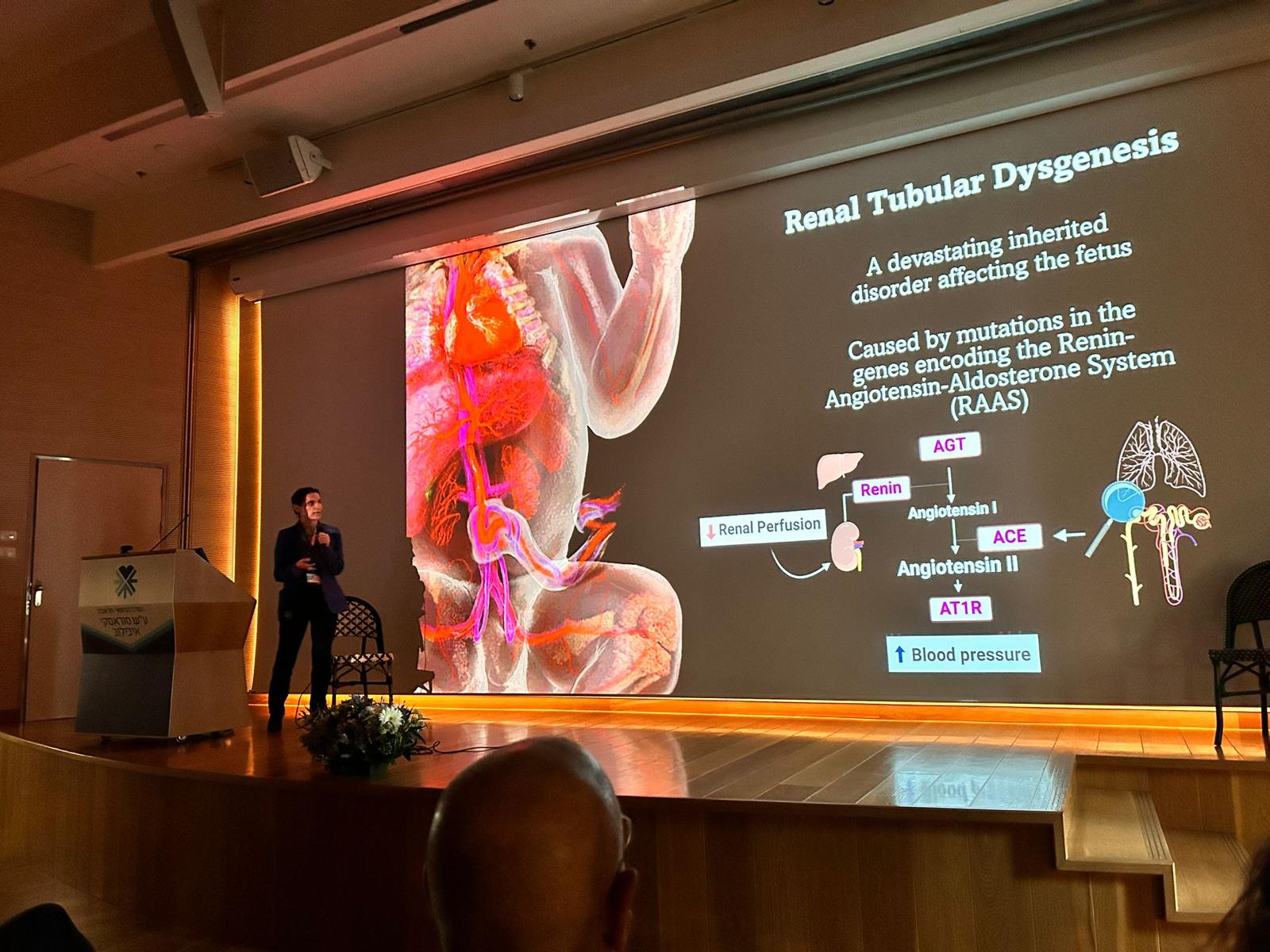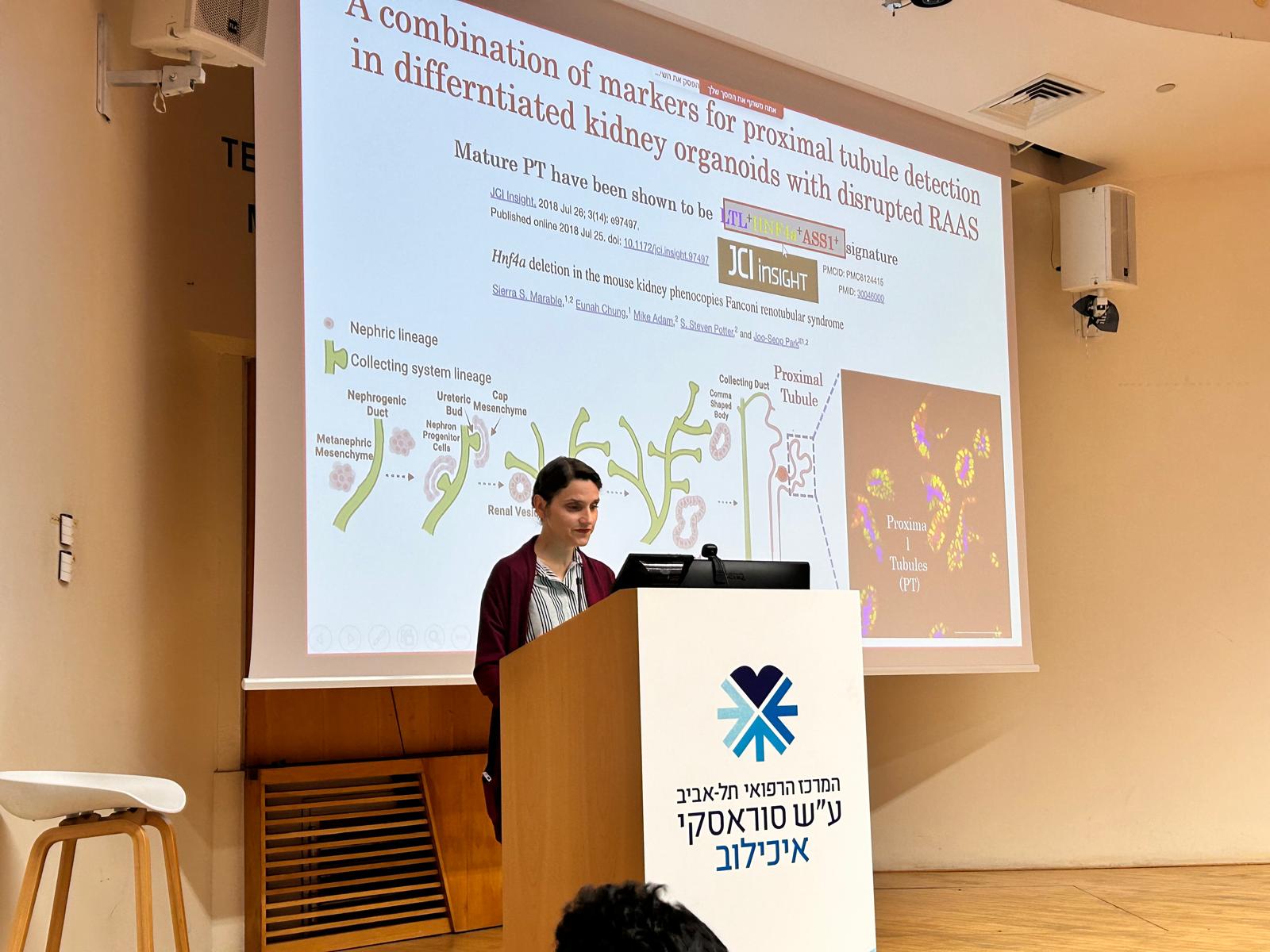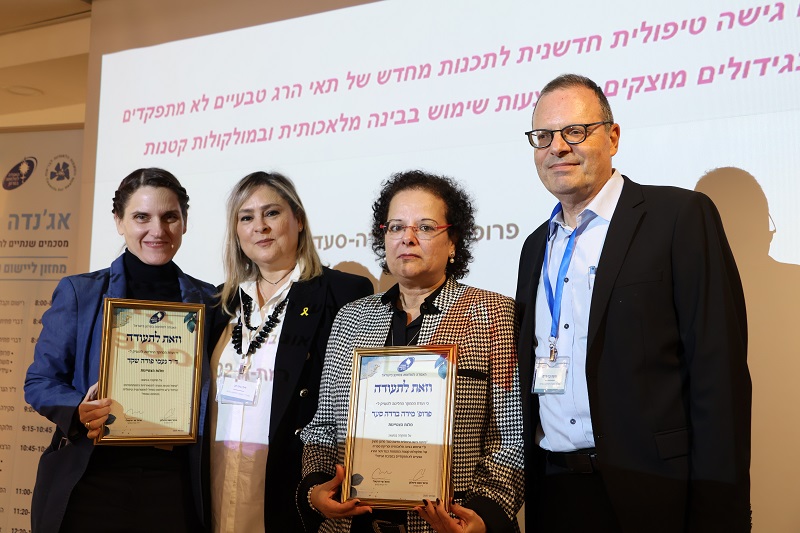Vision
Our mission is to unravel the complexities of kidney development and disease, leveraging state-of-the-art human-based models such as organoids and tubuloids.
We are committed to transforming insights from human kidney development into innovative, etiology-based therapies, addressing critical clinical challenges for improving the lives of infants and children affected by kidney diseases.
Lab Team
List of active projects
Deciphering Disorders of Kidney and Urinary Tract Development.
Congenital Anomalies of the Kidney and Urinary Tract (CAKUT) are the leading cause of pediatric end-stage kidney disease (ESKD). Our lab investigates the role of the Renin-Angiotensin-Aldosterone System (RAAS) in kidney and urinary tract development, leveraging human iPSC-derived kidney organoids to explore the molecular and cellular mechanisms underlying CAKUT and related conditions. Recent findings reveal that RAAS disruption in Autosomal Recessive Renal Tubular Dysgenesis (AR-RTD) causes delayed vasculogenesis, depriving proximal tubule cells of nutrients (Pode-Shakked, N., Slack, M., Sundaram, N. et al. RAAS-deficient organoids indicate delayed angiogenesis as a possible cause for autosomal recessive renal tubular dysgenesis. Nat Commun 14, 8159 (2023). https://doi.org/10.1038/s41467-023-43795-x). Through innovative organoid models and dietary interventions, we aim to develop etiology-based therapeutic interventions to address these conditions.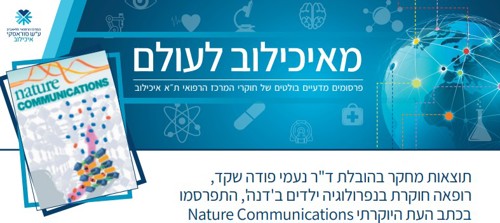
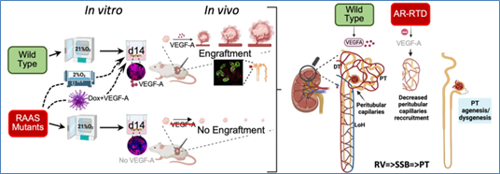
Interventions for Enhancing Kidney Maturation and Resilience
By studying the role of metabolic supplements in promoting kidney tissue growth and maturation, especially in vulnerable populations like preterm infants, we aim to identify novel therapeutic interventions to support or even rescue kidney development when conventional treatments fall short.
Precision Gene-Directed Therapy for Wilms' Tumor
Our lab is pioneering a precision gene therapy approach to treat Wilms' tumor by leveraging the unique genetic landscape of this childhood kidney cancer. This cutting-edge strategy holds the potential to revolutionize treatment for Wilms' tumor, offering safer and more effective options for these young patients
Advanced iPSC-derived kidney and collecting system organoid models
Developing next-generation kidney organoid models using hPSC-derived systems to improve their authenticity and achieve accurate modeling of kidney development and diseases.
Current funding:
Highlight Publications:
Full list of Research Publications
Our Lab In The Media
Link >>>
Link >>>
At Our Lab:
Lab Gallery









